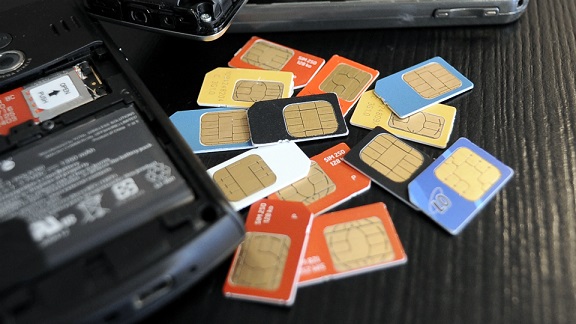I once gave my parents a scare; in retrospect, maybe my service provider was to blame.
We were at a function and inadvertently got separated in a crowd. In the heat of the moment, they called one of the numbers I had at the time.
Unfortunately, the voice on the other end when the connection was made wasn’t mine; I had misplaced the number months ago and gave up the will to search before I got a new one. I later found out the person had been threatened and embarrassed. Panic seemed like the best excuse for what happened.
People have had to go through similar things, or even worse, for possessing other people’s recently used numbers. A fresh incident involving President Buhari’s daughter reportedly saw the victim, Anthony Okolie, spend 10 weeks in custody.
To understand the idea behind the Subscriber Identification Module (SIM) card recycling system, Techpoint spoke to a front-line customer care representative of a Nigerian telecom firm in Offa, Kwara State. In this interview, Mr Fred (not real name), gave insights ranging from the need to recycle numbers to how harassed users can be assisted.
Apparently, network providers pay tax to the federal government on every phone number registered on the network’s database. Fred pointed out how counterproductive it would be to keep paying tax to service a redundant number.
“If a number is inactive, lost and not retrieved, or damaged and not reactivated after six months, it gets temporarily suspended. If no activities happen on it for another three months, it then gets recycled,” he explained.
Surprisingly, according to him, most SIM cards that are currently in circulation for sale are recycled numbers.
“People just decide not to reactive their numbers after theft or damage claiming that getting a welcome back SIM card is stressful,” he said to explain such a huge number.
Suggested read: NCC to block about 9.2 million improperly registered SIM cards
However, to completely erase the old user’s footprint from the number, the new SIM holder must ensure they register with their information to claim ownership.
Fred went on to agree that the company takes responsibility for any harassment their users may have to go through because of this.
“We apologise when we get complaints and reassure our users by showing them that the data the number carried is theirs.”
He reckoned that the company intervenes by reaching out to the appropriate quarter when it becomes life-threatening or violent.
The Nigerian Communications Commission (NCC) is the body that regulates telcos, it is thus expected that the body also oversees this process.
True to this, Fred attested to NCC’s involvement and believes if complaints become incessant, the onus is one the company to redirect them to NCC to give other less implicating alternatives.










